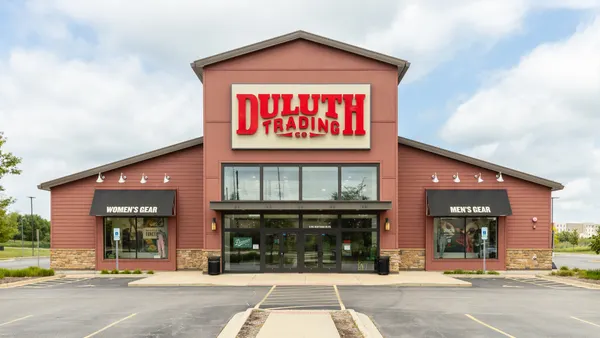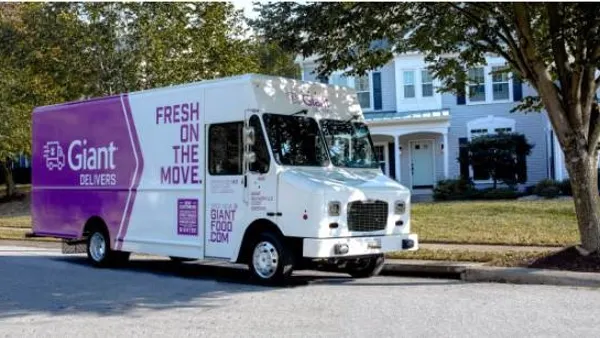Dive Brief:
- Tesla CEO Elon Musk told investors in July that the company would suffer in "manufacturing hell" as they attempted to produce "just over" 1,500 Model 3 sedans in Q3 and ramp up to 5,000 per week by the end of the year. According to a new press release, only 260 Model 3s were produced in Q3, and 220 of those were actually delivered.
- "Production bottlenecks" caused the company to miss its goal, the press release stated, but Q3 was the best quarter of all time for Model S and Model X production and deliveries, with a 4.5% increase over Q2 2016, which was the company's previous best quarter, and a 17.7% increase over Q2 2017.
- The company's financials indicate that operating loss increased sharply in Q4 2016, and has remained elevated throughout 2017, despite a small dip in Q2 2017. The company's net loss for 2016 was lower than 2015.
Dive Insight:
Although Tesla failed to hit Model 3 production goals, investors knew that this was a potential risk because they had a fair warning — and Tesla has a history of missing production goals. The Model X missed goals when the car was first released, but as indicated by the company's recent statement, the Model X is now moving along the production line smoothly and breaking company records.
It's easy to dismiss Tesla's difficulties as one of the problems of being a start-up in a new space, but if struggles continue, it could spell disaster for the company. Despite disappointing financials and the company's perpetual struggle to get out of the red, the company is still a pioneer in electric car manufacturing and has repeatedly adjusted expectations and warned investors of impending problems.
At the same time, Tesla's original goal for the Model 3 was ambitious, especially given the company's history and recent decision to skip the prototype phase. Supply chain problems are no joke, and Tesla's vicious cycle of not producing enough, delivering late, and recalls are unlikely to be sustainable over the long term. Fixing the supply chain must be a No. 1 priority if the company is ever going to turn a profit, and it's also a warning to other start-ups, especially start-ups in new industries.
Tesla is still confident — at least in writing — that it can sort out the Model 3 supply chain problem quickly: "It is important to emphasize that there are no fundamental issues with the Model 3 production or supply chain," the press release states. "We understand what needs to be fixed and we are confident of addressing the manufacturing bottleneck issues in the near-term."
Again, given the company's history, that's not an unreasonable expectation.













